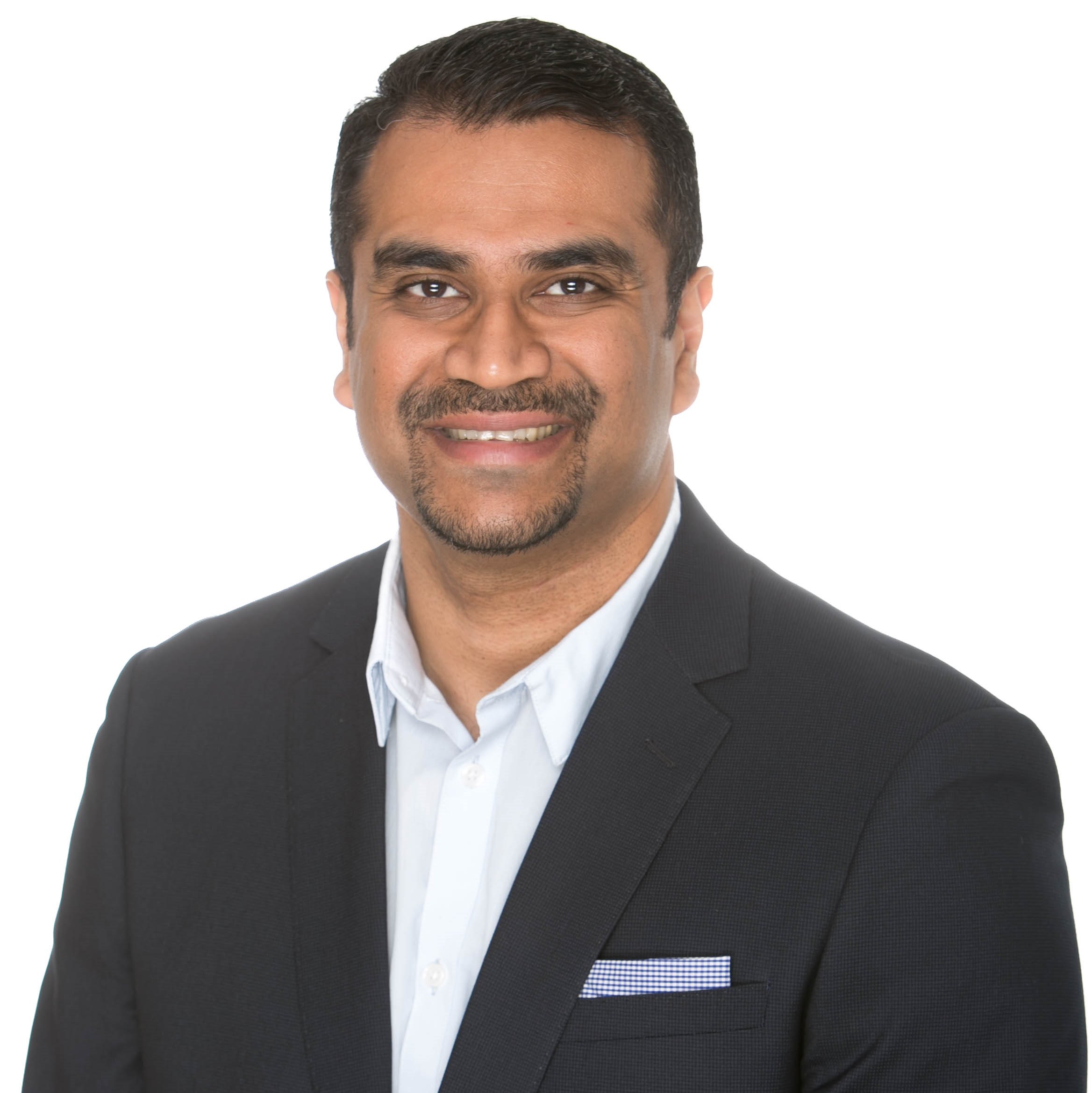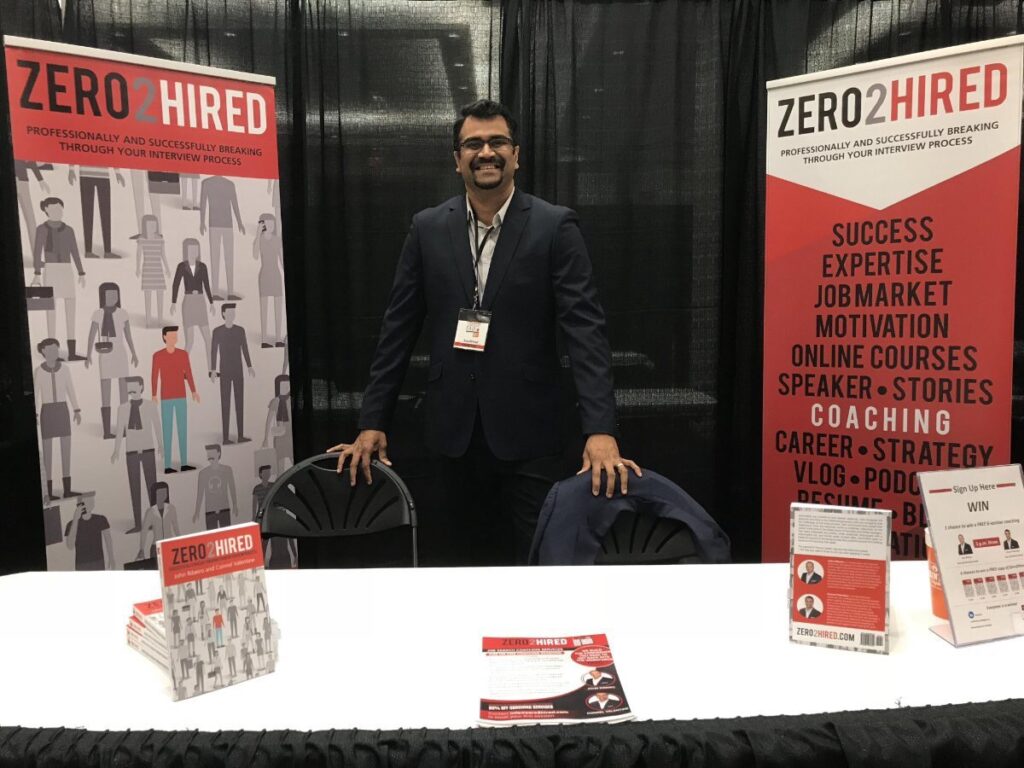From moving to Canada from Dubai to further his career, to teaching candidates the art of the job search, MG gets to know the real Connel Valentine…
Career coach, blogger, team leader… that’s a lot of roles and skills, which are your favourites?
That’s a tough question, but if I had to choose, I would say coach, with blogger a close second. Coaching is not about telling people what to do, which is something I hate. I’d rather leave it up to the person to discover their own path by raising awareness and driving responsibility in order to help them find a job. If coached well, people are a lot more capable than they think, and it’s very fulfilling to see them arrive at those moments when they come to realise their potential. I love to research and learn, and can give something back to the community most effectively through my writing.
Please could you give our readers a quick recap of how you came to be a career coach…
It all started when I decided to move to Canada from Dubai. I had my reasons, but those reasons did not come without sacrifice – family, friends, luxury, wealth. This sacrifice sparked a desire in me to excel. I researched about the job search industry and career advice for a year before my arrival in Canada. And it paid off! I got three job offers, two weeks after I landed. My commitment continued. Two years later, I was promoted back to the same job I had in Dubai. I realised I’m no different from other immigrants – we all make the same sacrifices to move to a new country – but many struggle for a long time and feel unfulfilled because they do not know how to job search in today’s world where technology masks human connection. They then start to doubt whether they made the right choice to leave everything behind to make the move. What’s even more disturbing is that they start to doubt their own skills and abilities. So I decided to continue my research and to begin a life as a career coach to help anyone looking to make a fresh start to find that first job and advance their career and reach their potential.

What’s the most important aspect of your role as a career coach?
To get people to say ‘Aha!’ This happens by asking them the right questions, and having an engaging conversation where they realise what’s been missing from their career strategy was right there in their minds all along. They just needed to have an unbiased conversation with someone to talk them through discovering it for themselves.
You progressed to a management position in IT, what was the key to your success?
Two things – never depend on my boss and being likeable. I had good bosses and bad ones. It never made a difference. I always did what they asked me to do efficiently, so that I could create work on my own and work outside my job description, with their blessing of course. A lot of people feel that a promotion is a reward for past work. Maybe in some work cultures but not in North America. Out here, a promotion is not a reward for what you’ve done in the past. It’s a prediction of what you can do in the future. I collaborated and helped others where I could. This made it easier for my ideas and initiatives to be brought to the table. My management predicted I was capable of more, and that’s how I was promoted every 2-3 years in my career.
What inspired you to work in IT?
When my parents bought me my first computer – a Pentium I 333Mhz with 16MB RAM – I was so excited! While I started off as a programmer, I soon realised that my passion was in continuous improvement through people and process through IT.
Which project – business or pleasure – are you most proud of completing and why?
Completing my book, Zero2Hired, and sharing its content through my blog. I’m proud of this accomplishment because moving to Canada helped me reach my potential, and it serves as a reminder. I had to write this book while working a full-time job which was a 1.5 hours commute one-way. So how did I find the time to do it? I wrote it on the freakin’ bus! I made a promise to my business partner, John, that we can do this! Today, Zero2Hired receives thousands of visitors every month, and it’s a symbol of what one can accomplish in order to keep their promises to themselves and to others.
What are your thoughts on artificial intelligence and how it will affect people’s careers going forward?
From a recruiting perspective, I hate it. Application Tracking Systems, the software that ‘parses’ online résumé submissions, shield talented job seekers away from jobs they deserve only because they are unable to write effective résumés. I have also seen technologies on the rise where initial screening of candidates will be conducted through chat bots. Facial recognition technologies will start to pre-scan candidates who submit online videos of themselves. All this technology creates an illusion that people can get through the door the easy way, when in reality, the one person who has the power, authority and money to hire you – the hiring manager – will hire the person they ‘like’ the most. This can only happen through a human connection. As AI makes advances in recruiting, I hope people still realise that the fastest way to a job is forever going to be by talking to someone.
Do you think being in the comfort zone at work is a good or a bad thing?
It’s a good thing – if you have no ambition to get anywhere with your career. With our newest generation Z, who have now been through three financial crisis’s in less than two decades, the days of staying with a company for 20 years are long gone. In today’s corporate world, economic turbulence can cost you your job. Management reorganization can cost you your job. Companies unable to keep with competitive change will cost you your job. In other words, loyalty is for suckers. The only constant is change. The best investment you can make is in yourself, so that you remain hireable not just by the company you are currently with, but any company who need your skills.

Which is your one piece of advice to a job seeker who is having trouble securing an interview, let alone a new job?
Turn off Netflix! Many people I have coached tell me they are ready to treat their job search like a full-time job. When I ask them how many hours a day they will dedicate to it they reply ‘three hours’. You see the problem. There is more to job searching than machine-gunning your résumé to online job boards. You can fill 8-10 hours per day if you are committed to a complete job search strategy. If you need help on how this can be done, get help from a coach!
What was your dream job as a child?
My dad was a musician. I wanted to be a singer and a keyboard player. I fulfilled that dream for a while in my earlier years, until I realised I found deeper meaning in helping others through coaching.
What keeps you up at night?
Nothing. Switching off my phone by 6pm allows me to sleep soundly by 9pm and wake up at 4am in time for my morning yoga and meditation, and 5am overseas coaching calls!
Is there anything else you’d like to mention?
In the spirit of not knowing till you ask, we canvassed the opinion of our job seeking audience on what’s the most ideal platform for them. Coaching was the most sought after method of learning, but we also noted that people wanted self-serve online training courses focussed on specific topics that the candidate can choose from depending on their biggest challenges. Everything from creating cover letters to networking online while living abroad will be covered. We are looking to have the courses ready before the end of the year – so watch this space!
Finally, what is your life motto?
The only thing you cannot get back is your time. So don’t waste it!
Connel’s goal is to help you best the competition with a standout CV, effective networking strategies, and a brand that resonates with your market. You can find him here and connect with him here.

